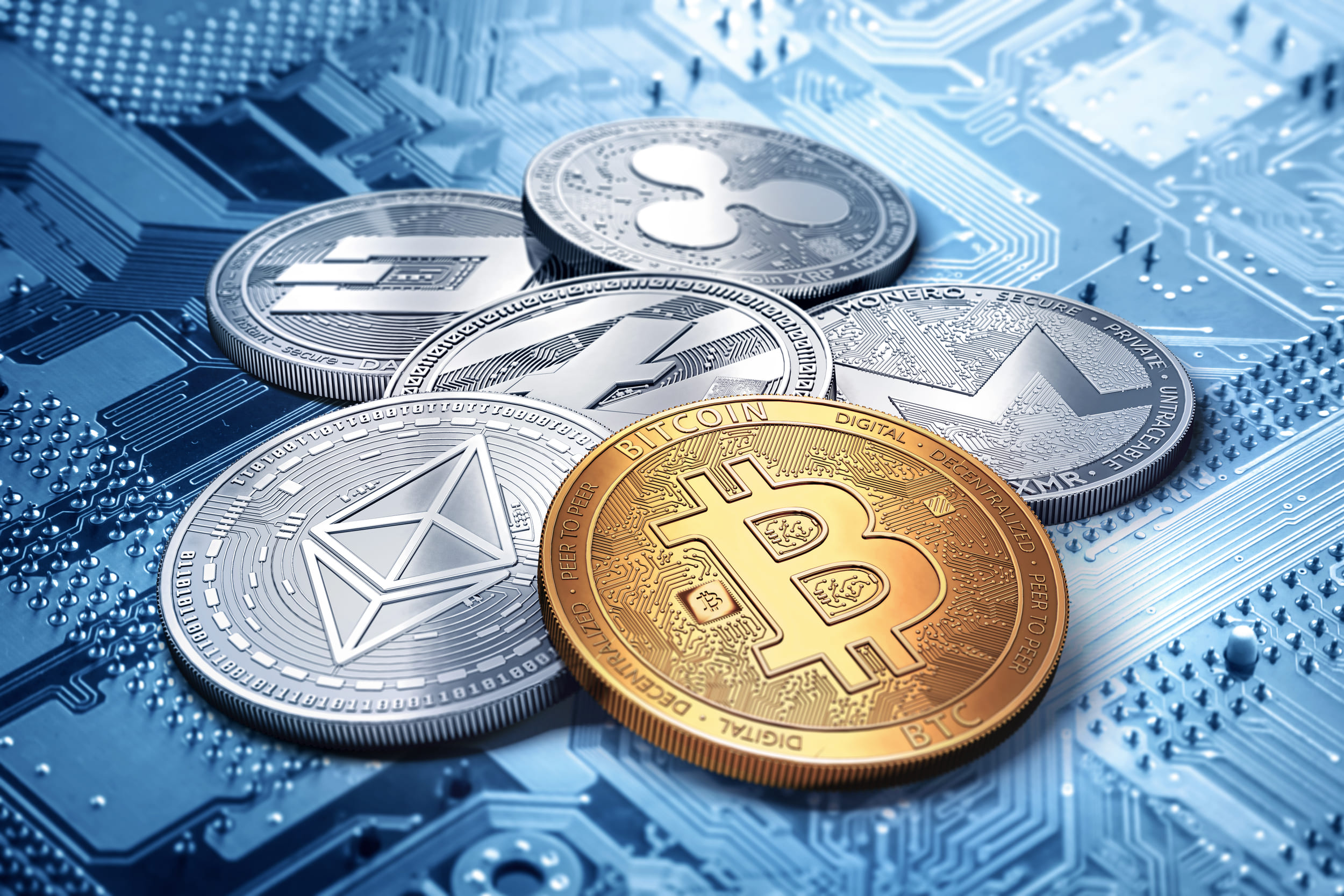Crypto-assets are often highly risky and speculative, making them unsuitable for most retail consumers as investments or as means of payment or exchange. Buyers face a significant risk of losing their entire investment. Consumers should remain vigilant about the dangers of misleading advertisements, particularly those shared via social media or promoted by influencers. Promises of rapid or high returns—especially those that seem too good to be true—warrant extra caution. It is also important for consumers to recognize that crypto-assets and related services generally lie outside the scope of existing EU financial services protections, leaving them without recourse or safeguards in case of issues.
Things you should know and check
Be mindful of the specific risks associated with crypto-assets and related products or services, and carefully consider whether these risks align with your financial situation and preferences.
Key risks include:
- The possibility of losing your entire investment.
- Rapid and unpredictable price fluctuations over short periods.
- Exposure to scams, fraud, operational errors, or cyberattacks.
- Limited or no rights to protection or compensation if issues arise.
Before purchasing crypto-assets or related products, ask yourself:
- Can you afford to lose your entire investment?
- Are you prepared to take on significant risks for the chance of advertised returns?
- Do you fully understand the features of the crypto-assets or related products?
- Are the firms or parties you’re dealing with trustworthy?
- Have the relevant national authorities flagged or blacklisted these firms or parties?
- Are your devices and private keys sufficiently protected to secure your crypto-assets?
What are the key risks?
- Extreme Price Volatility: Many crypto-assets experience sudden and significant price fluctuations, often driven solely by consumer demand rather than underlying assets or tangible value. As a result, you may lose a substantial portion—or even the entirety—of your investment. These extreme movements make most crypto-assets unsuitable as a store of value, means of exchange, or payment method.
- Misleading Information: Crypto-assets and related products are frequently promoted to the public through aggressive marketing, often featuring unclear, incomplete, or even intentionally deceptive information. For example, advertisements on social media often emphasize potential gains while downplaying the substantial risks. Be cautious of endorsements by social media influencers, who may have financial incentives to promote specific crypto-assets or services, potentially leading to biased communications.
- Lack of Consumer Protections: Most crypto-assets and related products are unregulated within the EU. As a result, you may not have access to consumer rights and protections typically available for regulated financial services, such as complaint mechanisms or legal recourse.
- Product Complexity: Some crypto-related products are highly complex, with features that can amplify losses during adverse price movements. Their intricate nature makes them unsuitable for many consumers.
- Fraud and Scams: The market is rife with fake crypto-assets and fraudulent schemes designed to steal your money, often using tactics like phishing. Vigilance is essential to avoid falling victim to these scams.
- Market Manipulation, Price Opacity, and Low Liquidity: Crypto-asset pricing and transaction execution on exchanges often lack transparency. In some cases, a few holders control significant portions of certain assets, potentially affecting prices and liquidity. Consequently, you may not receive fair pricing or treatment when buying or selling crypto-assets, and selling may be delayed due to a lack of buyers. Reports of market manipulation are not uncommon.
- Security Risks and Operational Vulnerabilities: The underlying distributed ledger technology of crypto-assets carries unique risks. Numerous issuers, exchanges, and wallet providers have faced cyber-attacks, operational failures, and other security breaches. Many consumers have lost their crypto-assets due to these incidents or by losing the private keys required to access their holdings.

